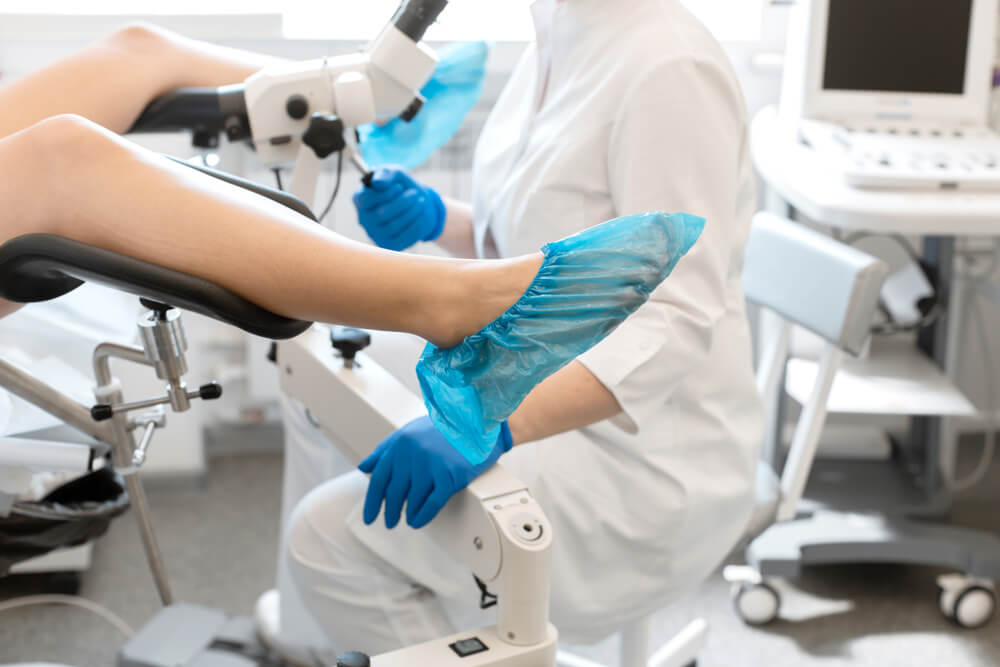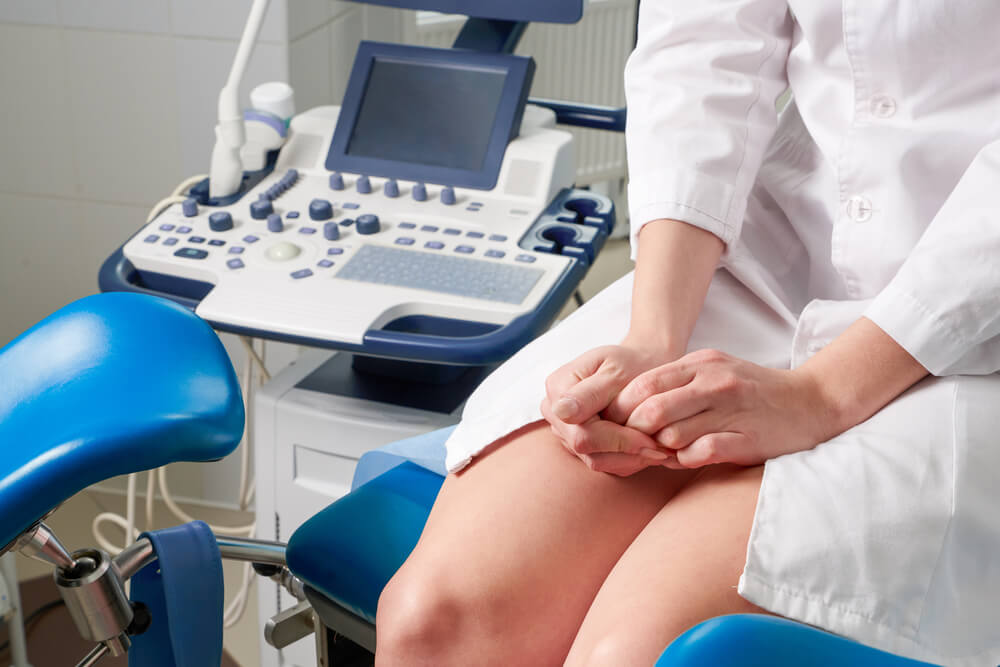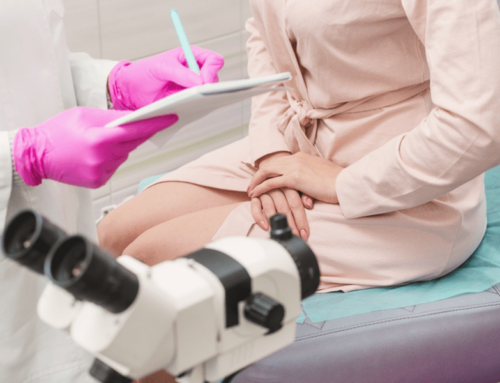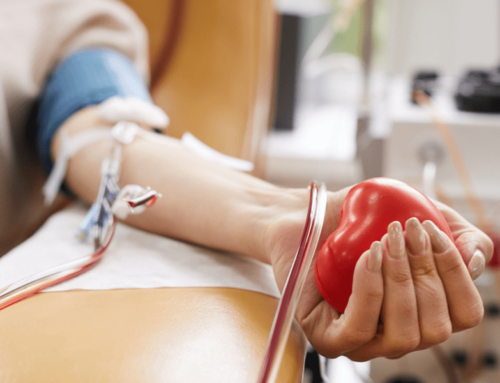If you’re scheduled for an endometrial biopsy, you’re probably wondering how the whole thing is done and what it entails. Even though the name suggests otherwise, an endometrial biopsy isn’t a complex or complicated procedure and it doesn’t last too long. Without further ado, here’s what you need to know about the endometrial biopsy and how to prepare for it.
Endometrial Biopsy – What Is It?
It is a procedure that doctors perform to inspect the cells of a woman’s uterine wall. It is a test that includes taking a small sample of the endometrium (the lining of the uterus) for examination under the microscope to determine possible problems with it. Some bleeding after endometrial biopsy pipelle is not uncommon, but make sure to inform yourself before undergoing the procedure.
Why Is Endometrial Biopsy Performed?
In consultation with your OB/GYN, you might be advised to undergo an endometrial biopsy. The reasons might include the following:
- Absence of uterine bleeding
- Abnormal uterine bleeding
- After-menopause bleeding
If you have any of the symptoms mentioned above, your healthcare provider might suggest an endometrial biopsy to get a closer look at your endometrial cells and find signs of potential health issues. In most cases, the results will show changes in hormone levels, abnormal tissues such as polyps or fibroids, and ultimately signs of uterine cancer. This can help your obgyn make a correct diagnosis and ensure the best care and treatment if necessary.
Before undergoing the procedure, make sure to know why you are doing the procedure in the first place. Your doctor should tell you everything you need to know about the procedure and what to expect.
Preparing for an Endometrial Biopsy

Before the procedure, it’s paramount that you inform your doctor about your medical history and any medications you are using. They will ask you to sign a form that says you are informed about the procedure and agree to it. Besides this, tell your healthcare provider the following:
- Tell them if you’re pregnant or suspect you might be pregnant. Endometrial biopsy is not done during pregnancy as it can result in miscarriage.
- Tell them if you’re allergic to any medication, latex, iodine, and anesthesia.
- Tell them if you’re having any unusual bleeding problems.
- Tell them if you have been treated for pelvic area infections or if there’s a history of heart or lung diseases.
After making sure your ob gyn knows everything necessary to perform the procedure, you can prepare for it by doing the following:
- Don’t douche, use vaginal medicines and tampons at least 24 hours before your procedure.
- Ask your doctor if you can take a sedative or a pain reliever prior to the procedure in order to reduce the cramping and pain.
During the Procedure
The procedure can be performed in your healthcare provider’s office or in a hospital, it all depends on your medical condition. The process includes the following steps:
- Your doctor will ask you to undress completely and wear a hospital gown.
- Emptying your bladder prior to the procedure.
- Your doctor will ask you to lie on the examination table and put your feet up just like for a pelvic floor exam.
- They will insert a speculum into your vagina to be able to see your cervix.
- By using a spray or an injection, your doctor will numb the area to minimize the discomfort and pain.
- The doctor will use a thin tube to take a small sample of your uterine lining. Endometrial biopsy pain is a common side effect of this part of the procedure.
- Once they have the sample, the speculum will be removed and they will send it to the lab for further examination.
- You will be asked to rest for a few minutes before leaving the office.
Although it sounds a bit scary, the procedure itself doesn’t last longer than 15 minutes and in most cases, women can resume their daily activities almost immediately. Your healthcare provider will tell you how to behave and what to do afterward.
After the Procedure
When the procedure is over, you can relax for some time before heading home, but if you’ve been sedated it’s best that you have someone take care of you for the rest of the day. You should put a sanitary pad to absorb your bleeding after cervical check. It’s completely normal to experience minor bleeding for some time after an endometrial biopsy.
It’s recommended that you avoid douching, using tampons, and having sex for a few days after. Try to relax as much as you can and avoid any hard physical activities as well. You can expect to resume your everyday activities soon after the procedure, but consult your doctor just in case.
Follow-Up Steps
Once the endometrial biopsy is over, you should be able to resume your regular, daily activities in a few days. However, sometimes women experience uncommon symptoms and in that case, it’s necessary that they contact their doctor. Immediately contact your ob-gyn if you have some of these symptoms:
- Bleeding excessively following the procedure
- Unusually heavy period after an endometrial biopsy
- Chills and fever
- Strong pain in your lower abdomen
- Foul-smelling vaginal discharge
After telling your doctor about any unusual symptoms, they will ask you to go back for further treatment and care. Follow their instructions and advice to be sure the procedure was successful and there are no complications.

The Risks Of an Endometrial Biopsy
As with every other medical procedure, there are certain risks you should be aware of before deciding to do it. Some of the most common risks of undergoing an endometrial biopsy include:
- Heavy bleeding
- Pelvic infection
- Puncturing the uterine wall, but this is very rare
It’s very important that you tell your doctor everything about your medical condition that might interfere with an endometrial biopsy. Conditions such as cervical cancer, pelvic inflammatory disease, and vaginal or cervical infections can affect the procedure and its results. There’s no need to feel ashamed of talking to your OB/GYN about your medical state because they are there to help you and provide you with the best possible care and treatment.
Hopefully, you’ll use this as a guide for preparing for your endometrial biopsy. The procedure is in most cases easy and not long, but make sure to follow the recommendations and advice your doctor gives you. They should be able to give you all the necessary information and make sure to walk you through the whole process.
For more information, contact Trogolo Obstetrics and Gynecology. Being specialists in the field, we can answer all your questions and doubts while making sure you’re being taken care of. Don’t hesitate to ask whatever comes to your mind, we’re at your disposal!





